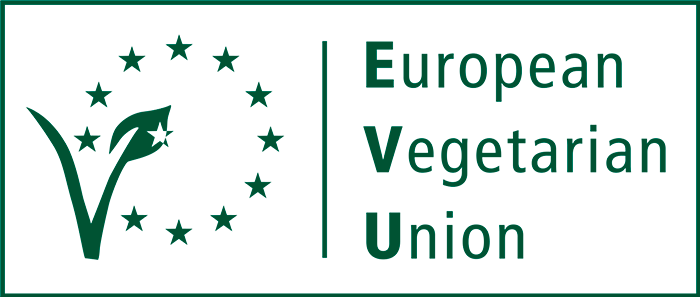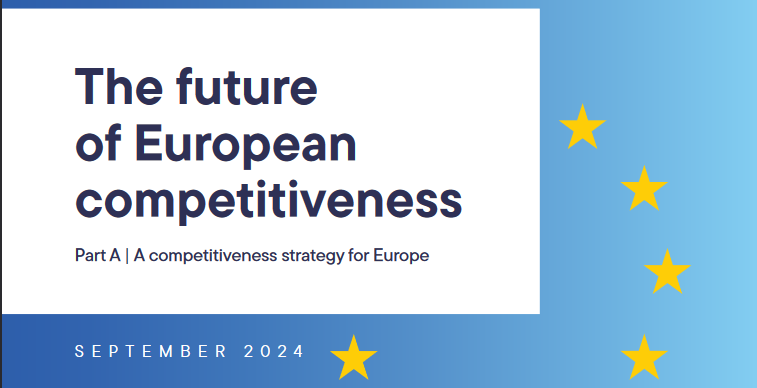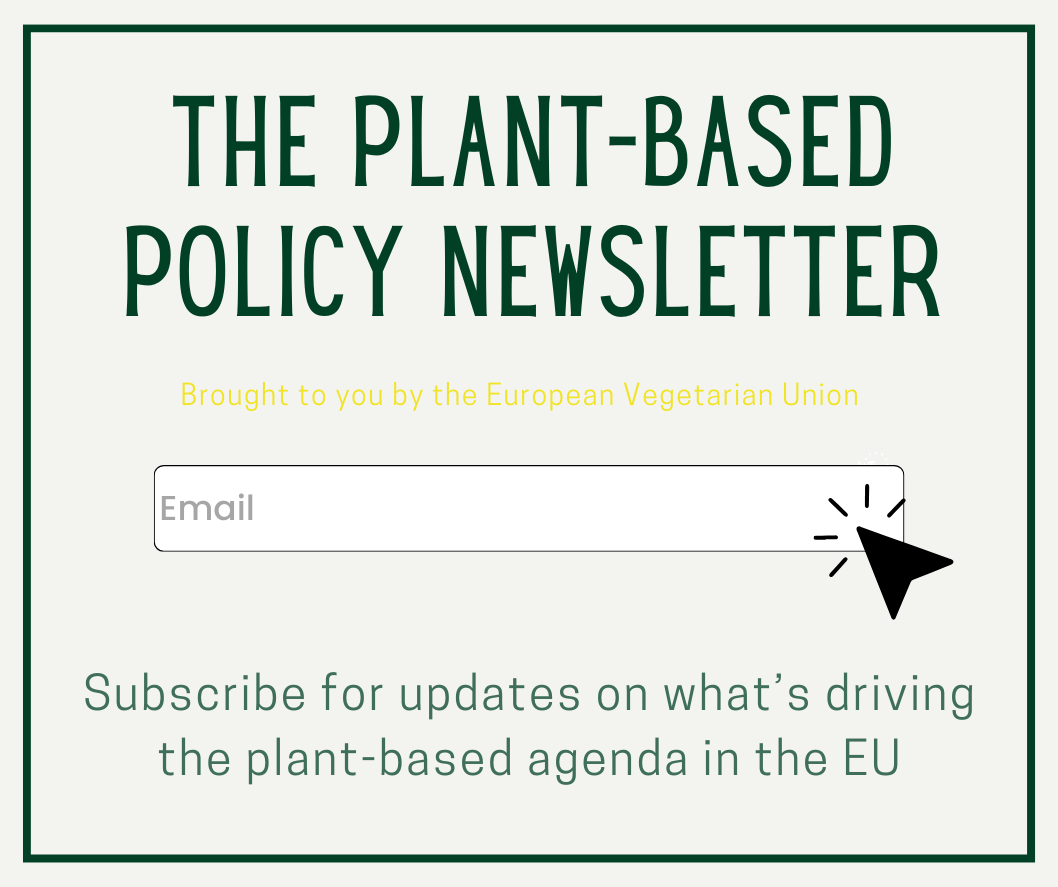The much-anticipated report by Mario Draghi – former European Central Bank President – titled ‘’The future of European competitiveness’’ was published on 9 September. Presented to the European Commission, it looks at the difficulties Europe’s competitive industry is facing while calling for an unprecedented boost to private and public investment across the bloc. The findings aim to feed into the Commission’s work on a new plan for ‘’Europe’s sustainable prosperity and competitiveness. And in particular, to the development of the new Clean Industrial Deal’’ – a new programme Commission President Ursula von der Leyen wishes to present in the first 100 days of her mandate. This new deal is arguably a watered-down Green Deal with a focus on economic competitiveness.
While the report delves into clean tech, defence, space, telecoms, energy and Europe’s industrial base, the strategic and economic potential of the continent’s agricultural sector was largely ignored. The subject of agri-food makes but a brief appearance, and where it does, the focus centres on pesticides and fertilizers as well as the need to better distribute subsidies. And while these are legitimate and important facets of the conversation, they do not quite shed light on the way Europe’s agricultural base can open new avenues of competitiveness and innovative development.
The transition to more sustainable food systems has long been an overlooked element. In particular, the market for plant-based alternatives is a booming economic phenomenon. And if correctly supported, could pave the way to important economic opportunities, job creation, better wages and conditions for farmers, while also strengthening Europe’s food security and creating the conditions for a greener and healthier food landscape. As just one case in point, a 2023 study by Planetary Health Diet shows that transitioning towards more plant-based diets can be economically beneficial for most farmers across the EU, leading to a long-term income increase of up to 71%. More globally, increasing investments in alternative proteins could potentially create up to 83 million jobs across the world by 2050. And in Denmark alone, around 27,000 jobs could be created if the country achieved 1-3% of the global market for plant-based food.
The Draghi report also looks into the need to decarbonise and how that can be squared with protecting jobs and boosting economic growth. It turns out that when it comes to climate investment, plant-based protein has a greater impact on capital employed than other decarbonisation levers in all other sectors, according to a BCG report. Investing in plant-based products is, therefore, one the most impactful climate investments, delivering up to eleven times the greenhouse gas emissions reduction per euro compared to zero-emission vehicles, and seven times more than green building investments.
The report recognises that Europe is also at an increasing risk of facing food security issues. He points to the fact that Energy-intensive industries (EIIs) are ‘’crucial to avoid strategic dependencies in critical industries in Europe. They are, for example, important for ensuring food security (fertilisers and pesticides), […], for the clean energy transition, and for the resilience of overall EU downstream activities in the current geopolitical context’’. But Draghi fails to provide a form of solution to boost Europe’s food security. Here again, looking at increasing sustainable production, greening agricultural policies and accelerating demand-side measures that favour more plant-based diets could create a more resilient and crisis-proof food system. A recent report on EU food security from the European Food Security Crisis Preparedness and Response Mechanism (EFSCM) stated that the EU should promote “the adoption of sustainable production practices […] and sustainable diets, to build a more resilient and sustainable food supply chain”.
Europe cannot afford to overlook the vast potential of its agricultural sector, particularly the ever-growing plant-based market, in its drive for sustainable competitiveness. As the European Commission and policymakers work on shaping the Clean Industrial Deal, they would be wise to fully integrate the agri-food sector into their vision for Europe’s future while doubling down on green and sustainable policies.


